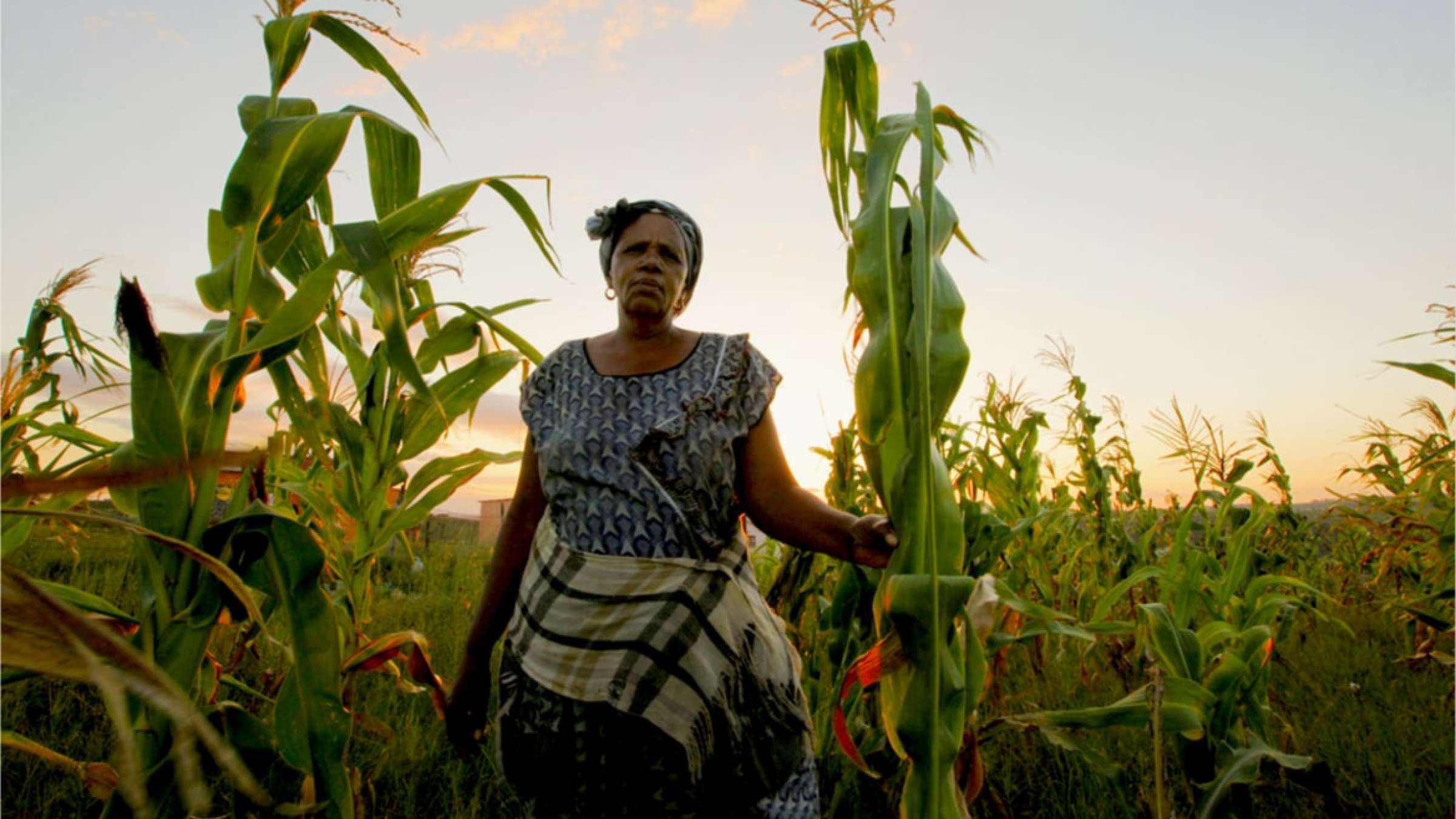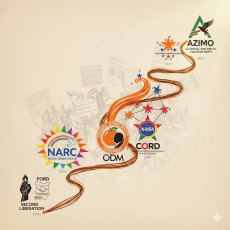- In response, various interventions have been implemented across the continent to mitigate and adapt to these challenges.
Africa, home to diverse ecosystems and communities, faces the brunt of climate change impacts, from extreme weather events to agricultural disruptions.
In response, various interventions have been implemented across the continent to mitigate and adapt to these challenges.
One of the key interventions is the promotion of renewable energy sources. With abundant sunlight and wind resources, solar and wind energy projects have been launched in several African countries.
For example, Morocco's Noor Ouarzazate Solar Complex is one of the world's largest concentrated solar power plants, providing clean energy to millions.
Similarly, Kenya's Lake Turkana Wind Power Project showcases Africa's potential for wind energy production, reducing reliance on fossil fuels and decreasing greenhouse gas emissions.
Read More
Another critical intervention focuses on sustainable agriculture practices. Climate-smart agriculture techniques, such as conservation farming and agroforestry, help farmers adapt to changing weather patterns while improving soil fertility and water efficiency.
Projects like the Great Green Wall initiative aim to combat desertification and land degradation across the Sahel region by planting trees and restoring degraded land, offering both environmental and socioeconomic benefits to local communities.
Furthermore, enhancing climate resilience in urban areas is imperative. Rapid urbanization exacerbates climate vulnerabilities, particularly for informal settlements lacking infrastructure and basic services.
Initiatives like the C40 Cities Climate Leadership Group Support African cities in developing sustainable urban plans, prioritizing low-carbon transportation, efficient waste management, and green infrastructure to mitigate climate risks and enhance urban livability.
Despite these efforts, challenges persist in scaling up climate interventions in Africa. Limited access to financing, inadequate technology transfer, and weak institutional capacities hinder implementation at the desired scale.
Addressing these barriers requires enhanced international cooperation, increased investment, and tailored capacity-building support to empower local stakeholders.
climate interventions in Africa are essential for safeguarding ecosystems, livelihoods, and future generations.
By embracing renewable energy, sustainable agriculture, and resilient urban planning, African countries can mitigate climate risks while fostering inclusive and sustainable development.
However, concerted efforts and partnerships are needed to overcome barriers and accelerate progress towards a climate-resilient future for Africa and beyond.












